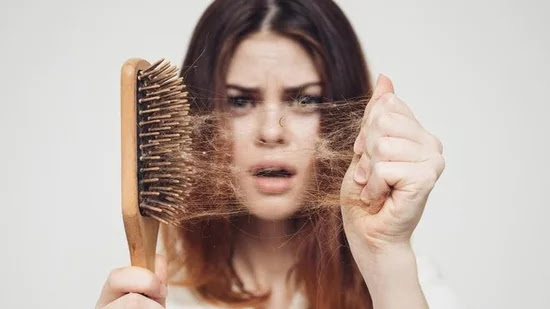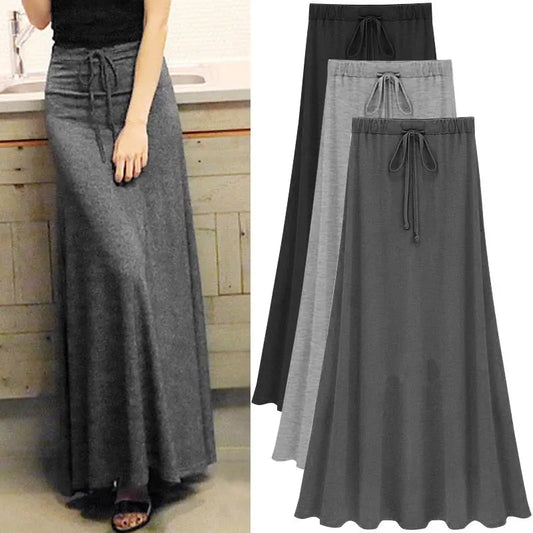
What Are The Most Common Reasons For Hair Loss in Summer?
The summer months are enjoyable because of the sun, the waves, and the mild temperature. You are not alone if you notice that you lose more hair than usual in the summer. The majority of seasonal hair loss is transitory and more prevalent than you might assume. However, whether it lasts or not, hair loss can be annoying. In truth, both men and women experience hair loss in the summer, which is brought on by a combination of internal and environmental factors.
Thankfully, there are methods for Hair Replacement to lessen hair loss and encourage strong, attractive hair.
You can learn more about some preventative methods and the most frequent causes of hair loss in the summer from this article.
What Causes Summer Hair Loss?
Hair can become brittle, dry, and vulnerable to damage after summer because of heat, chlorine, and sun exposure damage. Summer also causes hair loss. All-year-round hair follicles just fall out since they are no longer required as a sun protection barrier. You may find that enough hair falls out in the summer because of this. There is no need to be alarmed. There are ways to undo the harm and showcase your greatest hair if you experience seasonal hair loss.
Hormones' Impact on Summer
The impact of testosterone, whose levels are typically higher in spring and autumn, is a significant component. Although testosterone is frequently thought of as a male hormone, it can result in summer hair loss in both men and women. It's simple to confuse it with other hair loss conditions like alopecia areata or telogen effluvium.
Sun:
The most common reason for summertime hair loss is the tendency to scorch our heads while outside in the sweltering sun. Your hair can be damaged by the sun's UV rays, which can do the trick by sucking up moisture and leaving your mane drab, dry, and discolored. Additionally, dry hair is fragile and breaks easily. You can stop this from happening by covering your hair with a big hat or thermal protection.
Chlorine:
People enjoy swimming throughout the summer, and the pool water gets on their hair. The toxins that are frequently present in pool water might harm your hair. This is due to the chemical qualities of chlorine, which dry out your hair shaft and cause it to exude sebum, leaving it dull, brittle, harsh, and easily breakable. Apply some olive or coconut oil to your hair to protect it from this and to hydrate it.
Dandruff:
Because warmer temperatures are optimal for the microorganisms that cause dandruff, Malassezia globosa, to flourish, hot weather is known to aggravate dandruff and trigger a flare-up. Dandruff can cause itching, inflammation, and temporary hair loss if it is not addressed. Anti-dandruff shampoo is crucial to use in the summer to prevent this.
Wet brushing:
- Dry and keep your scalp clean.
- Use paraben-free, sulfate-free shampoo three times each week.
- Before tying your hair up, dry it.
- Make sure to shield your scalp from sweat and dirt since these things might exacerbate dandruff issues.
- Stay away from conditioners because they can make your hair and scalp dry.
- Regularly practice yoga and work out to improve blood flow to your scalp.














